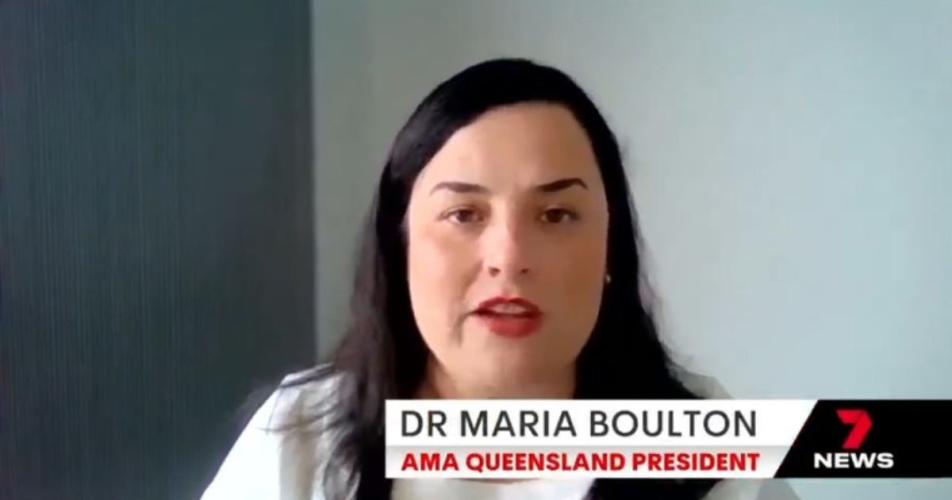New Cleanbill data reveals the need for a bulk billing reform
New figures showing a dramatic drop in bulk billing rates nationally are evidence that changes to Medicare rebates have not been enough, AMA Queensland President Dr Maria Boulton said.

Online healthcare directory Cleanbill surveyed more than 6,000 practices in November last year, after the tripling of the bulk billing incentive and final indexation of Medicare rebates, to see how many were bulk billing all adult patients.
The report found that since April 2023, bulk billing rates have fallen by 9.4 per cent and out-of-pocket costs have risen in every State and Territory by 2.8 per cent. Also in the past year, the amount of GP clinics offering bulk billing to adults fell by more than 11 per cent to fewer than one in four clinics.
In Queensland, the bulk billing rate dropped from 26 per cent to 16.6 per cent and out-of-pocket costs rose 2.8 per cent from $40 to $41.13.
“These figures show what we know on the ground – bulk billing is no longer affordable,” Dr Boulton said.
“Even after recent increases in MBS items and tripling the bulk billing incentive, GPs just cannot afford to bulk bill all their patients and keep their lights on.
“Tripling the incentive may have bought some time for practices that were considering moving away from bulk billing, but it hasn’t helped practices to resume bulk billing.”
Dr Boulton said years of inadequate indexation of Medicare rebates, coupled with the rising cost of rent, equipment, training, wages, and insurance, meant GPs had to charge out-of-pocket costs for patients or close their doors.
GPs also now see patients for far more complex issues, particularly mental health and chronic illnesses, which require longer appointments than the standard 15-minute consultation.
“Medicare has been severely neglected for decades now – we need real reform,” Dr Boulton said.
“The rebate has just not kept pace with inflation for decades under successive governments from both sides of politics.
“Medicare rebates are set up to pay for shorter consultations, and that’s just not good medicine. Patients deserve more.”



